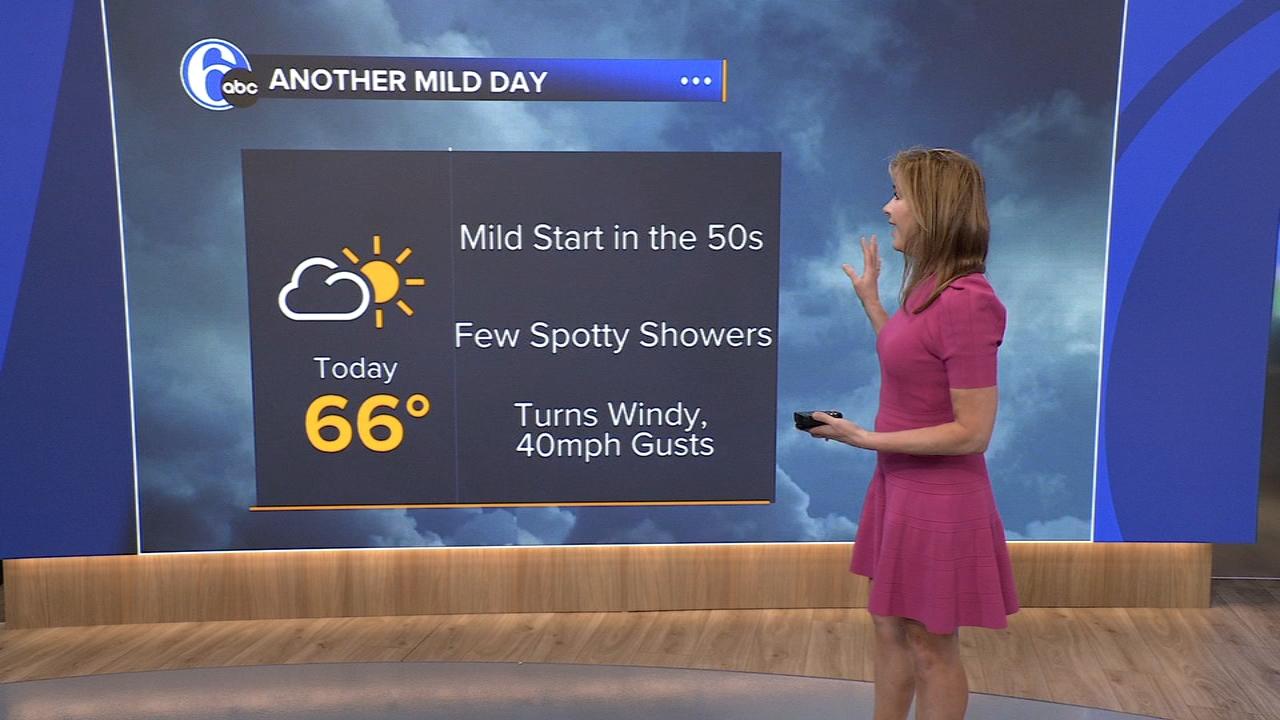Steps any woman can take to reduce her chances of breast cancer

CENTER CITY (WPVI) -- Breast cancer is on the rise among American women, according to the American Cancer Society. But there are steps any woman can take to reduce her risk, and help "Beat the Odds" of breast cancer.
More women are coming face-to-face with breast cancer.
Rates are rising 1% a year - and even faster for women under 50, and Asian Americans and Pacific Islanders. Black women under 30 die at twice the rate of white women.
Jefferson Health Surgeon Melissa Lazar says prevention efforts should start early.
"The American College of Radiology actually recommends that all women have a risk assessment done by age 25 to see if they qualify for early screening," she said.
Assessments can be done by a doctor or with an online tool. It calculates individual risk based on factors like age, family history of breast cancer or other genetically-linked cancers, personal medical history, race and ethnicity, age at first live birth, breast density, and hormone exposure through contraceptives or hormone replacement.
Dr Lazar says lifestyle also matters, starting with what you eat.
"Maintaining a healthy weight, eating a balanced diet with fruits, vegetables, whole grains, lean proteins such as poultry and fish or plant-based proteins," she says.
Limit red meat and animal fats. And say thanks - but no thanks - to alcohol!
"Even moderate alcohol use, which for women is one drink per day, can increase your risk," says Dr. Lazar.
Also, keep moving!
The American Cancer Society recommends either 150 minutes of moderate intensity or 75 minutes of high-intensity exercise a week.
Some breast cancer treatments like tamoxifen and aromatase inhibitors are now being used for prevention. Only 5% to 10% of breast cancers are hereditary, so reducing the risks is in our hands.
"The earlier we can make these changes, the better. However, it's never too late to start," she says firmly.











